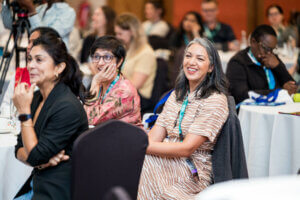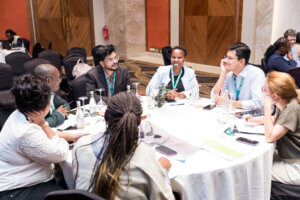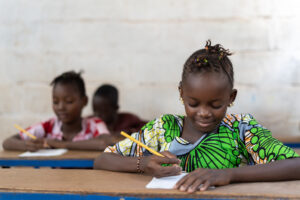Engaging with private school associations
Over the last 18 months, GSF has conducted a pilot programme with private school associations (PSAs) as a means of engaging with the low-fee private school sector. In this blog, we share what we’ve done and what we’ve learned in the process.
It is important to engage with the low-fee private school sector – PSAs offer a route to do this
Low-fee private schools (LFPSs) represent a significant segment of non-state education provision in low- and middle-income countries, and can play a key role in providing education to underserved children. Though precise numbers of students in low-fee private schools are hard to come by, the Global Education Monitoring report 2021/2 noted that these schools have been “proliferating” as a “growing phenomena” across the non-state education sector, which overall serves 350 million children globally.
Yet despite its size, the informal and often disparate nature of this sector can make it difficult to engage with, and support, these schools. We have been aware that intermediary organisations offer one avenue for engaging with low-fee private schools; for example, our members include organisations providing access to capital for these schools. Private School Associations, as representative bodies for private schools, offer another means of engagement.
PSAs fulfil multiple functions
To find out more about these organisations and how to engage them, we conducted a landscape analysis of sixty PSAs across nineteen countries. We learned that PSA functions cover multiple school-facing and government- & public-facing activities. For example:
School-facing activities
Administrative support to LFPSs – PSAs help schools navigate government policy, provide advice and support on legal, tax, and financial issues, and support capacity-building.
Increasing education quality and equity – they provide teacher training, offer national student assessments, develop minimum school standards, and support schools with equity concerns e.g. with teen pregnancy support.
Government- & public-facing activities.
Representation – PSAs sit on government boards and committees, can act as a point of communication with government officials, and act as a point of contact for international projects.
Advocacy – they advocate for a more favorable policy and operating environment for low-fee private schools and engage media through press releases and press conferences to campaign for change.
PSA priorities vary across contexts
We also learned that membership across different – and within individual – PSAs includes a wide range of private education providers, which makes it important to take time to find PSAs which represent the desired target group of schools.
At GSF, we wanted to explore how we could support PSAs’ government- and public-facing activities, so we conducted a small grants programme and connected PSAs with one another through community of practice sessions. We were pleased to work with the following:
- Assocation for Formidable Education Development (AFED), Nigeria
- Association of Private Schools, Uttar Pradesh (APSUP), India
- Formal Private Education Network in Somalia (FPENS)
- Ghana National Association of Private Schools (GNAPS)
We deliberately took a hands-off approach in grant allocation, allowing the money to be spent flexibly according to organisation needs. As a result, AFED conducted research on out of school children in the northern part of Nigeria, then carried out mass advocacy to convey their message on the education circumstances and needs. Meanwhile, both GNAPS and FPENS undertook similar approaches of engaging consultants to develop their advocacy and stakeholder engagement strategies respectively.
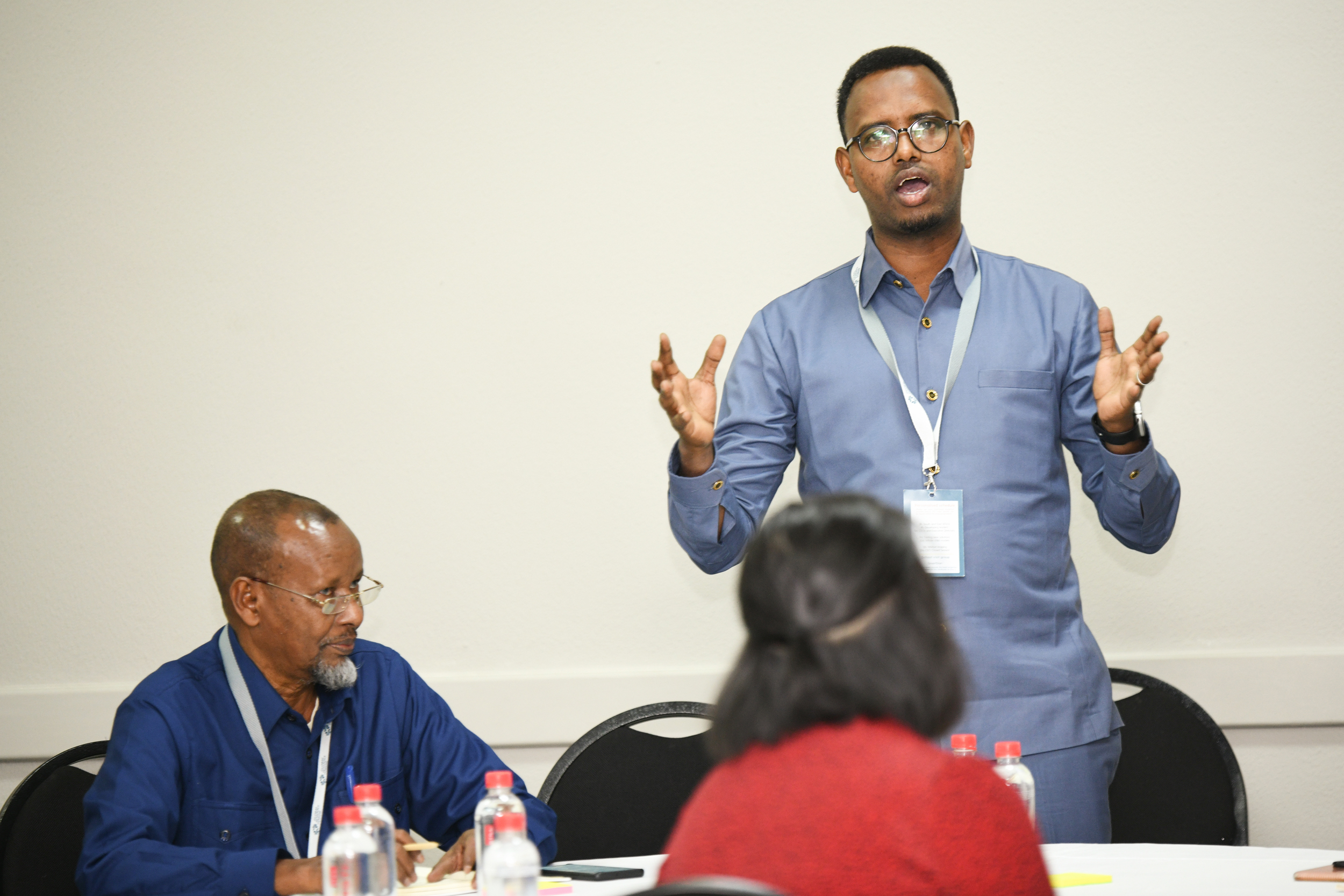
FPENS Executive Director, Abdirazak Mohamed, talking at GSF’s Annual Meeting in Johannesburg
Engaging local actors mobilises local expertise
Through this engagement, we have come to understand the key role PSAs play in national education systems. In Somalia, for example, 22 000 of 35 000 students taking secondary exams in 2022 were part of FPENS-affiliated schools. Additionally, these organisations bring an understanding of national policy issues, knowledge of local education landscapes, and connections with stakeholders across the education system. Together this means they are well-placed to call for improvements to operating environments, such as GNAPS’ campaigning for the inclusion of non-state school students in National Standardised Tests.
At the same time, for international organisations like ourselves, PSAs have offered an ear to the ground on the situation of low-fee private schools. This has allowed us to better shape our work based on the reality of operating environments. For example, in our forthcoming research on improving regulation in non-state education, the networks of PSAs and others have allowed us to base our insights on direct perspectives of school operators – some very informal – whose voices can be so easily under-represented in global policy discussions. (To find out about our existing work on regulation, see the Regulation Policy brief we produced last year.)
Overall, this engagement with PSAs highlights, as in so many other settings, the importance and value of engaging local actors: they allow for better-informed work at both a country and international level. Recognising this, we are now pleased to be continuing our engagement with the above PSAs as partners of GSF, and to be undertaking a new project with IDP Foundation to support local actors to improve the operating environment in their own contexts.





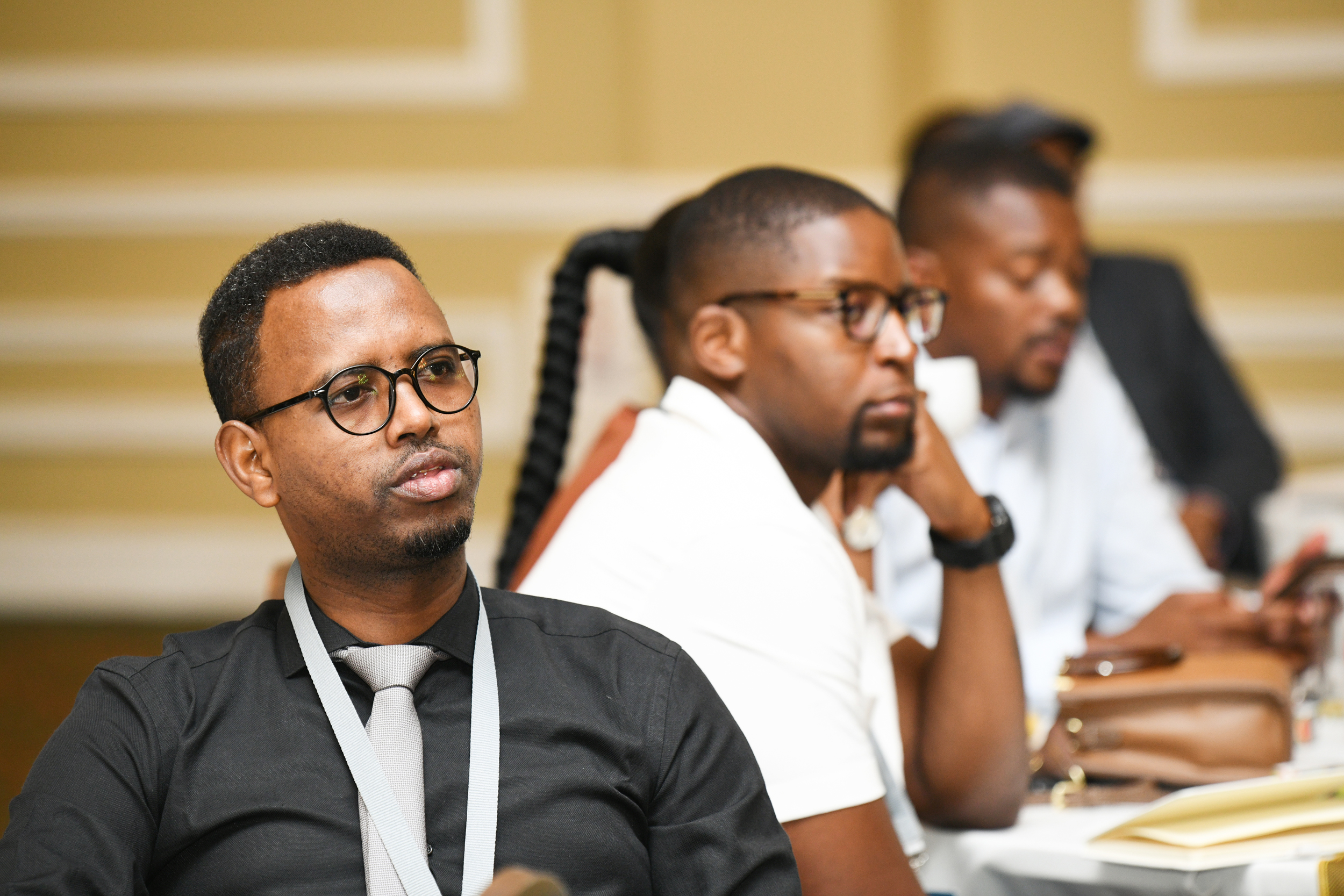

 Policy & Advocacy
Policy & Advocacy



